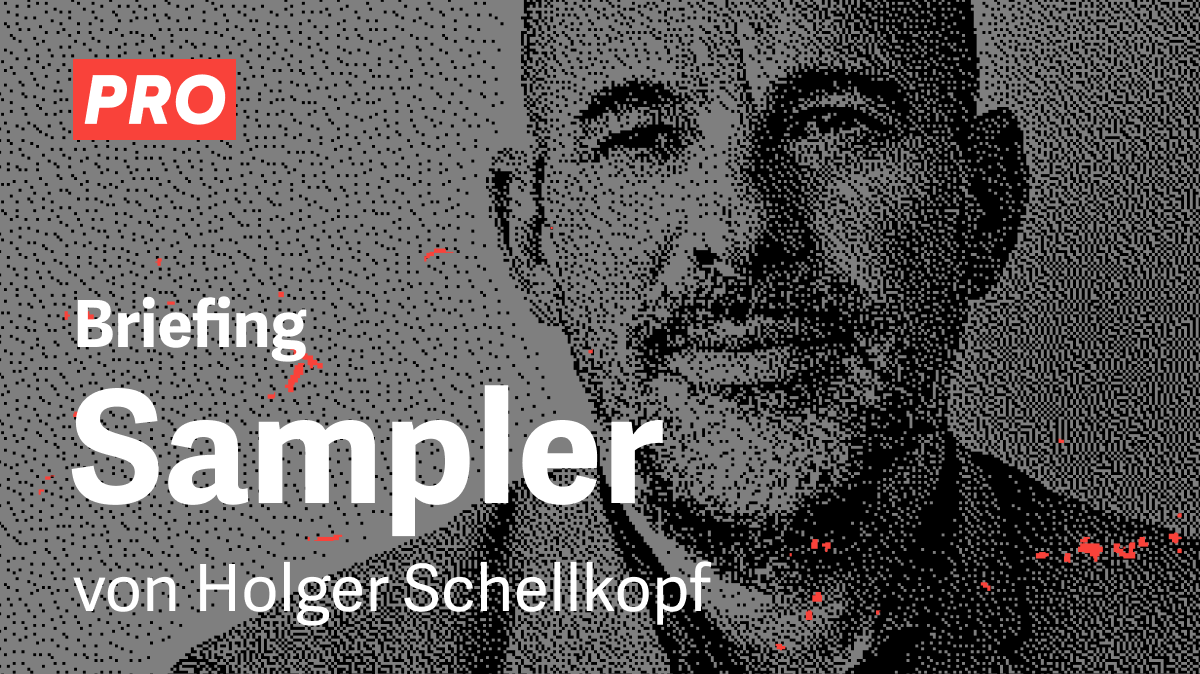What do hormones have to do with professional success?
Endorphin, dopamine, serotonin and oxytocin: happiness hormones make us feel good – but do they also affect our success? According to management consultant Simon Sinek, executives have enough of these hormones in their bodies, which is important for their success. He goes into the theory in detail in his book “Gute Chefs essen bitte”, published in 2014.
Janett Dalka, CEO of cannabis startup Breezy, uses Sinek’s theory at her company to lead and build teams. With the awareness of the hormones, she tries to consciously awaken them through actions and behavior. For example, she relies on open and transparent communication. “That means we celebrate successes, but also small steps – that’s where serotonin is released,” says Dalka.
Editor’s Recommendations
In addition, ticking off to-dos, for example, would cause dopamine to be released. In the team, to-do lists at Breezy would be visible to everyone. If you tick something off, others will praise you for it – this is how serotonin and dopamine are supposed to be created. “That fuels each other, the teams have learned to praise each other,” says Dalka. This created self-confidence and confidence.
Janett Dalka is CEO of cannabis startup Breezy – she herself relies on end-of-day reflection to boost the happy hormones. (Photo: Breezy)
There is no stress from the public to-do lists: Not all lists can be seen by every employee of the startup, some are only accessible to smaller teams working on them. There are a total of 14 employees at Breezy – according to Dalka, the praise list principle would also work for larger companies.
“The bigger the team, the more important it is to have a structure that allows the team to move freely,” she says. The structure should be geared towards people. “It is important to be aware of how people and the brain tick,” says Dalka. So if you know what your employees want and need and can control it, you should make them happier. In other words, the happiness hormones or “leadership chemicals” – as Dalka prefers to call them – are intended to make employees happier and therefore more productive.
Therefore, it is also important to respond to each: n individually. “I can quickly tell from facial expressions and gestures how someone is doing,” says Dalka. Then she would start the conversation and ask. So she relies on communication again.

More successful at work: These apps help with your career
But how do hormones really affect professional success? According to the spokesman for the German Society for Endocrinology, Stephan Petersenn, a disturbed hormone metabolism can affect one’s own well-being and performance – in the medium term this could affect professional success. “However, I am not aware of any studies that link differences in hormone concentrations within the normal range with professional success,” says Petersenn.
He points out that a healthy hormone balance exists when no pathological changes can be detected. “Healthier than healthy is not an established concept here,” he comments. It cannot be said that someone who has a lot of happy hormones in their body is more successful.
There is no research into whether more happiness hormones make you more successful or not. Stephan Petersenn also points out that Sinek’s theory, which he has not dealt with in detail, is simplified to the hormones. “In principle, hormones are difficult to assign to specific human characteristics simply because of their complex functionality,” says Petersenn.
In addition, hormones cannot be specifically influenced by a change in diet. The psyche can influence the release of hormones – effects of the work environment or through communication and the behavior of managers are therefore conceivable.
Dalka cannot specifically provide happiness hormones with this, but by responding to her employees and the praise culture, she may ensure a stress-free atmosphere in which everyone feels comfortable. Incidentally, she does not rely on supplements that promise to provide happy hormones – Stephan Petersenn also advises against them.



